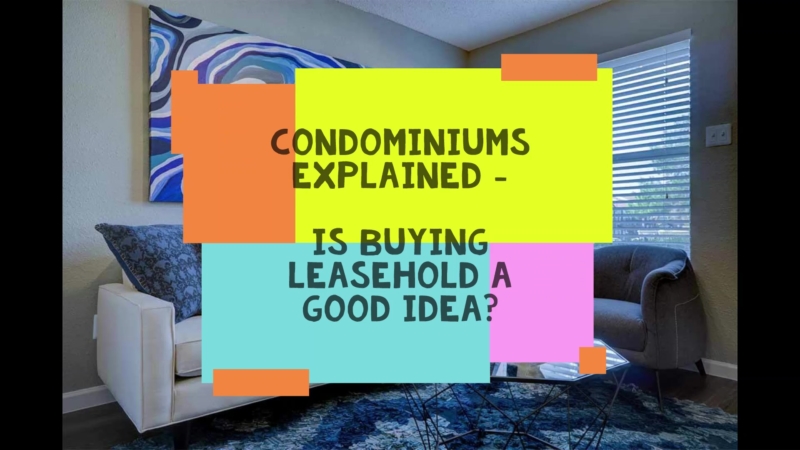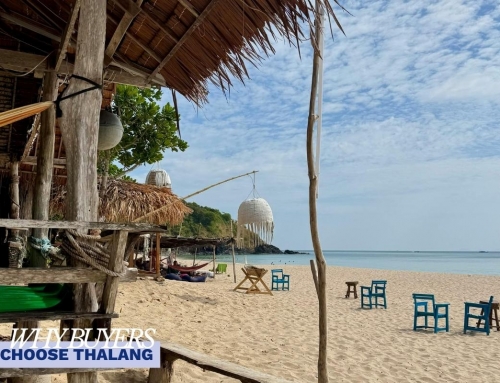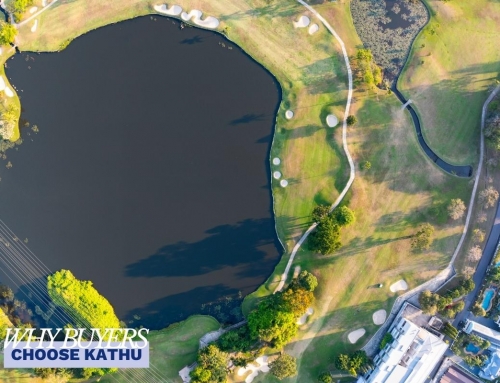Foreigners purchasing a condominium in Phuket often face a decision between leasehold and freehold ownership. While leasehold options may appear attractive due to availability and lower pricing, they come with a number of drawbacks that buyers must fully understand when buying a leasehold condo in Phuket.
Here’s a closer look at the main risks and limitations associated with leasehold condominium units in Phuket—and how to avoid getting caught out.
1. You’re Not the Legal Owner of the Property
Under Thai law, a lease is a personal right—not a form of property ownership. When you lease a condo unit, you’re only entitled to occupy and use it for the agreed period, typically 30 years. You do not own the unit or the land, and the lease cannot be automatically renewed or passed on without the owner’s consent.
Key Risk: You’re dependent on the goodwill and solvency of the landowner or developer to uphold your lease and renew it.
2. Uncertainty Around Lease Renewals
Many developers offer leasehold condos with promises of two additional 30-year renewals, giving the impression of 90 years of use. But these renewals are not guaranteed. Under Thai law, future renewals are not enforceable unless registered again at the Land Office.
Important Note: Even written promises of renewal have no legal standing unless the new lease is formally registered.
Judges in Thailand have already ruled that any agreement stating that a 30-year lease will be contractually renewed is an attempt at ownership. Guaranteed contractual leasehold renewals are unenforceable under Thai law, and must instead be written as an addendum. If stated in a contract, they may be deemed illegal and this may void the entire lease.
3. Inheritance Rights Are Limited
Leasehold condos are typically not inheritable in the same way that freehold units are. When the leaseholder dies, the lease does not automatically transfer to heirs unless specific clauses exist in the lease contract and are accepted by the lessor.
Foreign Buyers Tip: Always ensure succession terms are clearly outlined—and accepted—in the lease agreement.
4. No Voting Rights in the Juristic Person
Only freehold unit owners can vote in the condominium’s juristic person (the building’s management body). Leaseholders may have no say in how the condo is maintained, fees are set, or improvements are made.
Consequence: As a leaseholder, you may still pay fees but have no control over how the property is managed.
5. Selling a Leasehold Unit Can Be Difficult
Leasehold units are generally less attractive to buyers, especially when the remaining lease term is short. This often results in lower resale values and longer time on the market.
Investment Concern: Leasehold properties may not offer the same capital appreciation as freehold ones in Phuket’s competitive real estate market.
6. No Automatic Right to Renew, Sublet, or Modify
As a leaseholder, you must get the owner’s permission for any changes to the unit or if you wish to sublet. If the lease does not grant these rights explicitly, your options are limited.
Final Thoughts: Be Cautious Before Signing a Lease
There are certainly situations where a leasehold condo may be the right fit—such as limited foreign ownership quotas or lifestyle purchases. But in most cases, freehold is the preferred and safer structure for long-term investors.
Before buying any leasehold property in Phuket, consult a reputable lawyer and understand what’s written in the lease. Never rely solely on verbal assurances or marketing material.
Helpful Resources for Buyers:
FAQ – Leasehold Condominiums in Phuket
Q: Can I inherit a leasehold condo in Phuket?
A: Only if the lease agreement includes inheritance rights and the owner agrees. Otherwise, the lease ends on death.
Q: Is a leasehold cheaper than a freehold condo in Phuket?
A: Typically yes, but the long-term value may be lower and more difficult to resell.
Q: Are lease extensions legally binding?
A: Not unless each new lease term is registered again with the Land Office.
Q: Can I rent out my leasehold condo?
A: Only if your lease agreement permits subletting. Always clarify before signing.
Get in Touch
Need help understanding leasehold vs freehold property in Phuket? Our experienced team can guide you through every step of the buying process.
Contact us | 📞 Call Now On: +66 9484 11918





Social Contact